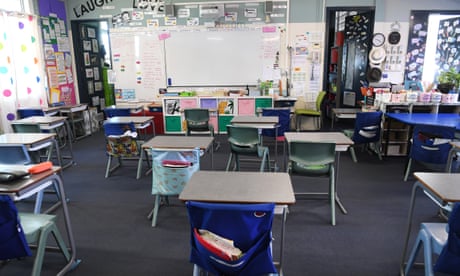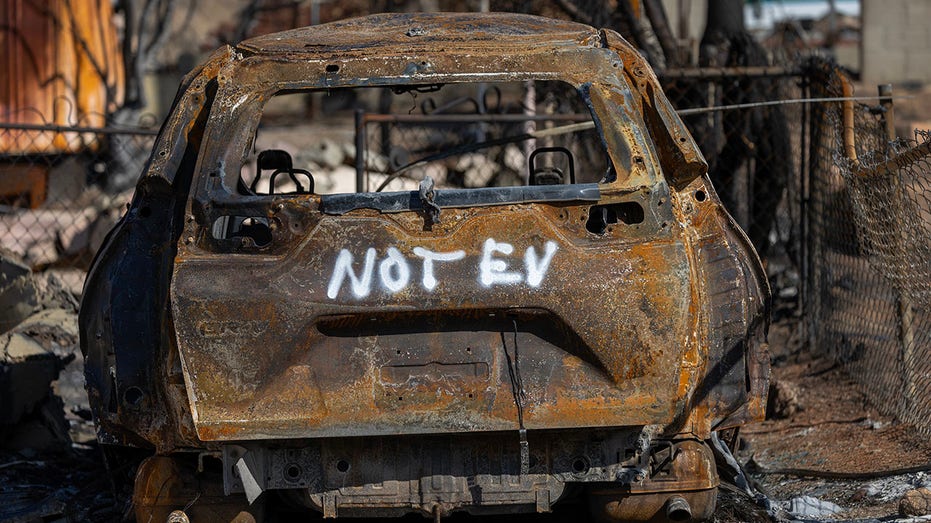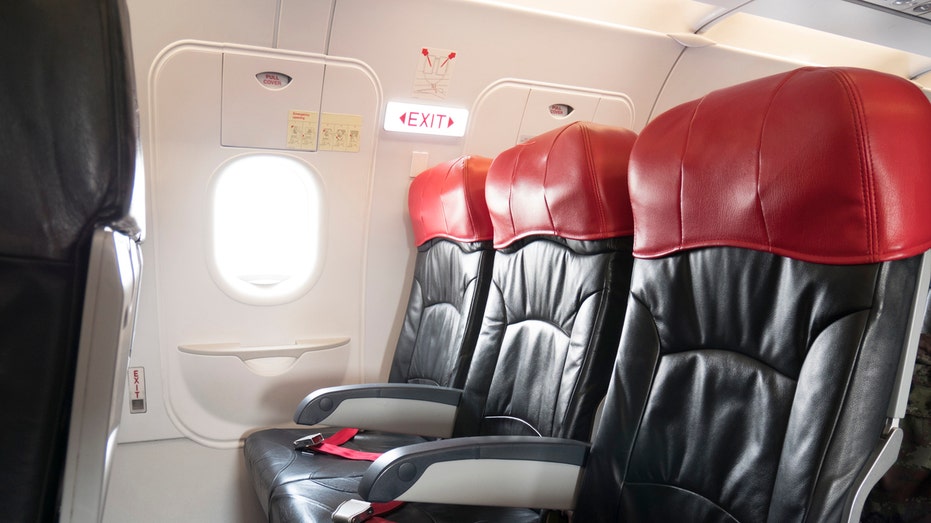- by foxnews
- 31 Jan 2025
School refusal: parents forced to quit jobs to care for children who can’t go to class, inquiry told
School refusal: parents forced to quit jobs to care for children who can’t go to class, inquiry told
- by theguardian
- 19 Dec 2022
- in news

Some parents have been forced to quit their jobs or scale back their hours to care for children who can't go to class, a Senate inquiry into the concerning trend of school refusal has been told.
The mental health organisations Beyond Blue and the Black Dog Institute have shared their concern about how students are coping with returning to classrooms after Covid forced school closures and a switch to online learning, with worries about how to best support children struggling with anxiety, depression or separation issues.
"Schools and educators need to be adequately supported to respond to increasingly complex demands," Beyond Blue said in a submission.
"Mental health challenges in children and young people have been exacerbated by the Covid-19 pandemic and recent natural disasters."
The federal Senate's education committee in October announced it would undertake an inquiry into the emerging trend of "school refusal" - a phenomenon experts say is linked to distress or separation anxiety, and on the rise since the pandemic.
The issue has been identified by mental health organisations and education advocates as a deep reluctance to attend class, and distinct from wagging school or truancy, as detailed in reporting by Guardian Australia on the trend.
Megan O'Connell, honorary senior fellow at the Melbourne graduate school of education, told the Guardian last month that data "points to nearly 100,000 children not in education and many more only tangentially attached and not attending regularly".
The first round of submissions to the inquiry reveals major concerns about school refusal from psychological experts and parent groups. The Queensland Independent Schools Parents Network wrote that it was aware of "parents who had to quit their jobs - or significantly scale back their hours - to care for a child who is refusing to go to school and can't be left unsupervised at home".
The organisation also detailed emotional and wellbeing impacts on parents, who themselves do not have adequate access to mental health support, and increased workloads on school staff to support families.
"In some cases, the children who are refusing school have parents with anxiety, so supporting a child can also involve supporting the parents," it said.
The inquiry's terms of reference specifically note the committee will investigate how school refusal affects children and their families, including the impacts on employment of their parents, and the increasing case load on specialist service providers and schools to support those families.
The Black Dog Institute's submission also raised concerns about the flow-on impacts of school refusal to families, saying parents were often forgotten in the discussion. It suggested more support through parenting programs, especially at milestones like commencing primary or high school.
"[Parents] are forced into substantial absences from, or lateness to, work to look after their child or they may be unable to hold down a job at all," it said.
"Given the moderate heritability of anxiety and depression, parents of children with anxiety and depression unable to attend school are also more likely to experience anxiety and depression, adding further complexity to the difficult task of encouraging their children to attend school."
Black Dog said it believed most children not attending school were experiencing elevated anxiety and depression, with "multi-faceted" and "significant mental health problems". It suggested that children with pre-existing conditions before Covid school closures had seen those anxieties be exacerbated by the thought of returning to school after lockdowns, following a period where the children had been able to avoid stresses like bullying, or being separated from parents.
Black Dog called for more early intervention psychological assistance and resources for students, noting just 4% of primary schools in NSW had a counsellor on-site on a daily basis.
The Australian Secondary Principals Association said schools didn't have the resources or time to invest in post-Covid recovery for students, and were already "struggling to resource the interventions that are now required".
Its submission said principals had seen increases in school refusal, as well as suspensions and inappropriate behaviour, since Covid closures ended.
The Aspa identified equity in learning through the pandemic, such as access to technology or home support, as a potential contributor to school refusal.
"Students from lower social economic families did not have the same access to remote learning through online technologies," it said. "This increased the learning gap as students were unable to access remote learning - research demonstrates that a huge contributor to school refusal is success in learning."
The inquiry is due to report in March.
- by foxnews
- descember 09, 2016
Flight passenger asks who controls entertainment center for extra seat, ignites etiquette debate
A flight passenger asked on Reddit about the use of the entertainment center when sitting in a two-seat, exit-row chair, with folks on social media weighing in. An etiquette expert shared insights.
read more


